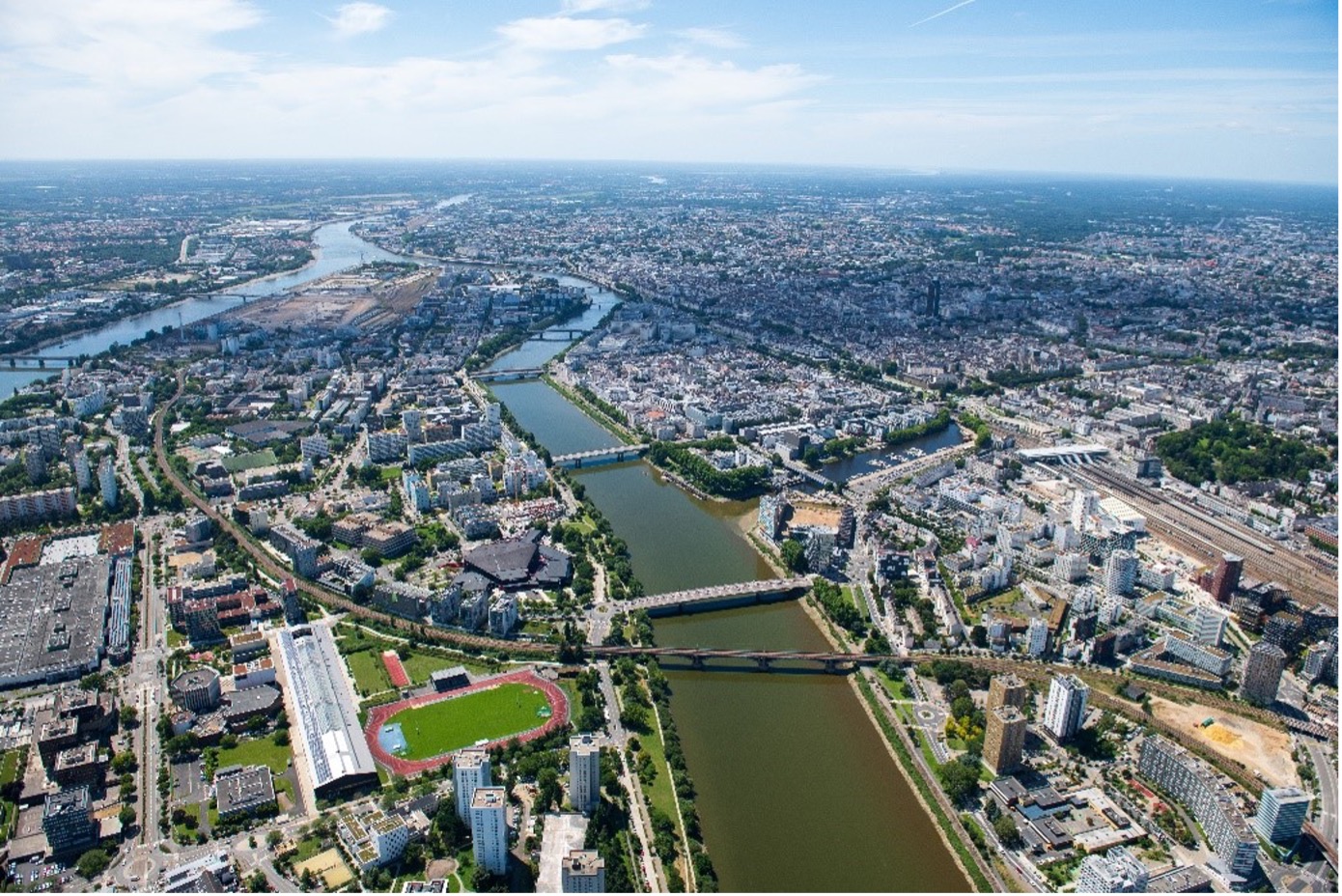Nantes' Pilot City Activity: Together Towards Climate Neutrality

Description of activities
The pilot proposed by Nantes Métropole consists of setting up a “carbon neutrality” citizen challenge to help households, students, and employees reduce their carbon footprint. This consists of a programme of workshops and activities to help citizens achieve a neutral lifestyle by being trained and by having access to all the information needed. Concretely, target groups will register and get access to an online platform where they will introduce their current carbon footprint and measure their habits to reach climate neutrality.
The carbon neutral citizen challenge has two objectives: to involve inhabitants in the move towards carbon neutrality by accompanying them in their fundamental lifestyle changes, and to make public policies and stakeholders evolve towards a territory aiming at carbon neutrality. These will include various sectors that emit GHGs, such as mobility, housing, consumption, waste, digital, and industry.
The pilot activities address the following barriers:
- Psychosocial barriers to transition and the difficulty of inducing sustainable behavioural changes
- Cultural barriers influenced by lack of information and knowledge of users on environmental issues and fragmentation of responsibilities
- Difficulties in building collaborations between public and private sectors
- Public action is not sufficiently efficient with regard to the stakes and the speed of implementation that must be achieved in the next 10 years
Objective
The proposed “citizen challenge” aims at supporting 1,000 households in reaching a carbon neutral lifestyle by targeting individual decisions that emit GHGs in the following emission domains: mobility, housing, consumption, waste, digital, and industry.
Are the pilot activities building upon or part of a previous and/or existing activity?
Nantes Métropole has been organising citizen challenges for the last 12 years. At least 1,000 households have been participating in these challenges focusing on waste, energy or food. Local organisations have animated these challenges by developing workshops, study visits, and festive events. Participants are satisfied by these challenges that contribute to a change in their lifestyles. However, we have realised that we need to go further on the themes proposed and involve more partners to diversify and increase the number of participants.
Which emissions domains will the pilot activities address?
Systemic transformation – levers of change the pilot activities will exploit
Stakeholder types that you would like to engage in the pilot activities
Transferable features of your pilot activities to a twin city/ies
- A methodology for monitoring and evaluating, particularly for the analysis of the obstacles faced by participants and the influence on their habits and lifestyles.
- An online platform has already been created and it will be improved by incorporating more information from Nantes Métropole and an individual carbon measurement tool.
This answer is not exhaustive and simply an indicative one.
Components of the transferable features
- An online report on the monitoring and evaluation of this pilot challenge, including regular surveys for citizens and instruments for steering and monitoring pilot activities
- A communication campaign elaborated by the city communication department
- A guidebook on how to lead a neutral citizen challenge so that any organisation can organise its own challenge with local groups
This answer is not exhaustive and simply an indicative one.
What does the city want to learn from twin city/ies?
Alternative options on how to mobilise citizens to reach a carbon neutral lifestyle and how the Twin City develops a narrative for an improved consumer behaviour.
This answer is not exhaustive and simply an indicative one.

